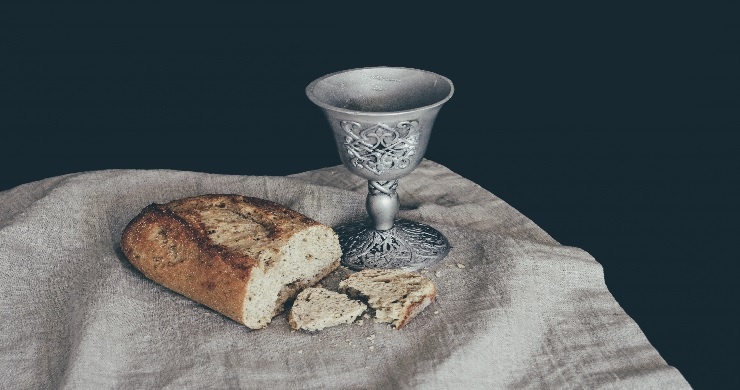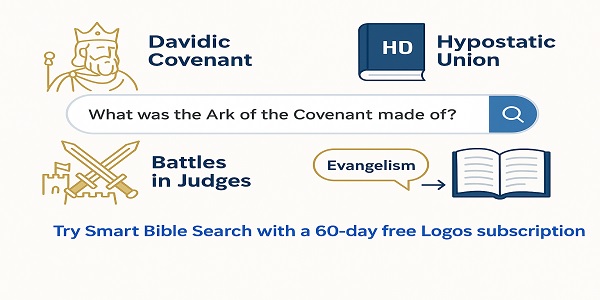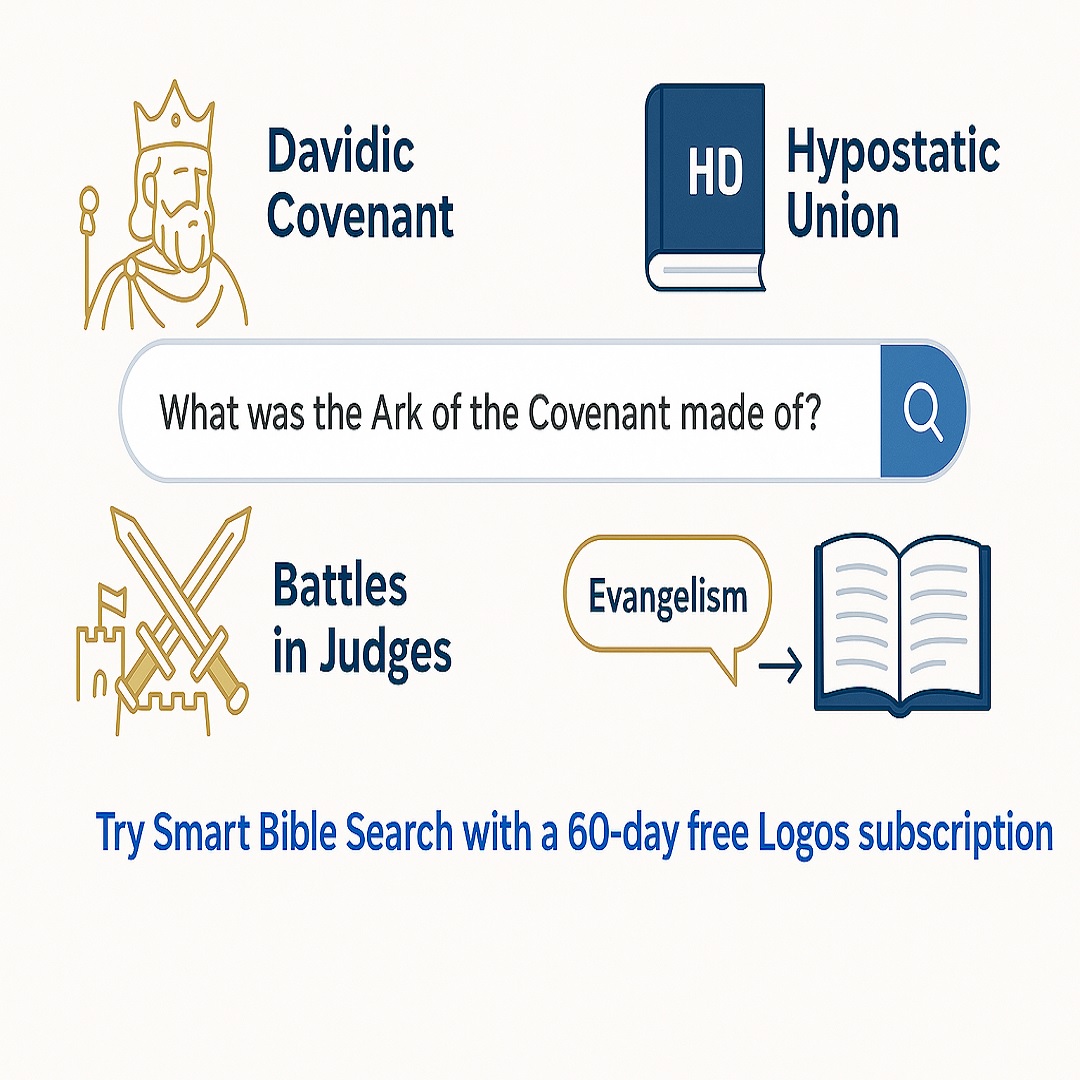I have never modified someone else’s work before. But I felt that this message put into words the main issues on communion so much better than I managed to over the years. It deals with the heart of communion in a way that I think I have failed to do and it is so important to our church life.
Communion At Rhema
In a church AT RHEMA, is a very special event. It only happens a few times a year and is prepared weeks in advance.
It begins when the announcement is made that communion will soon be served.
The people are told to really work at making things right with those they are at odds with. If they don’t, and they take communion, they will be judged by God.
When this was first taught, after the announcement was made, there would be a scurry of activity. Phone calls were placed and private meetings were arranged and strained relationships were worked on. Husbands talked with wives, parents with children. (These days, most people work at this at a more consistent pace throughout the year, not just when communion is announced.) When the day finally comes, everyone arrives at church to find that all the chairs have been moved out so there is room to move around freely.
A visitor must find this interesting to watch. It is one big solid noise as people mill about talking with each other. Some are praying together in small clusters, sharing communion. Their faces glow as they tell each other their love and gratitude. Some are crying, as they consider how good it is to be reconciled with a brother or sister again. They move from one person to the next, careful not to avoid anyone. In all the years of doing this, I have never seen people refuse to take communion. It is a wonderful time and no two meetings are alike.
First Construction Projects
During one of their first construction projects, when they were trying to turn an unyielding, old Victorian house into a sanctuary, differences of opinion threatened to sour the project. They had communion about three times in a row during this period, until the work was done.
(1 Corinthians 11:21)” For in eating, each one takes his own supper ahead of others; and one is hungry and another is drunk.”
The problem at Corinth was not just a lack of manners, but also a lack of respect for one another.
The meal itself was not the problem; it simply gave an opportunity for their true attitudes toward each other to be shown.
The deeper issue that concerned Paul most was the fact that they actually despised one another while celebrating communion.
This shows they totally misunderstood what Jesus’ death accomplished:
(1 Corinthians 11:22) “Or do you despise the church of God and shame those who have nothing? What shall I say to you? Shall I praise you in this? I do not praise you.”
Those who ate before everyone else demonstrated their lack of esteem for the rest of the community.
Our attitude towards the poor always reveals our deepest beliefs about grace.
They “disgraced the poor”.
Communion Disgracing The Poor.
“Disgraced the poor” is an interesting word, which means, “to remove or subtract grace”.
In other words, they not only failed to show favour or value to the poor in their midst, but they were subtracting it!
Their behaviour contradicted the very message of communion.
(1 Corinthians 11:23) “For I received from the Lord that which I also delivered to you: that the Lord Jesus on the same night in which He was betrayed took bread”
I think that most people are of the impression that Paul changed subjects here in the middle of a chapter.
It seemed like one minute he is talking about their attitude and divisions and then he suddenly switched to how he received the revelation of communion.
One reason it is thought he had switched subjects was because we view communion as simply a religious observance.
But Paul was using the concept of communion to solve church problems at Corinth and we need to do the same today.
In Remembrance of Me
(1 Corinthians 11:24) “And when He had given thanks, he broke it, and said, “Take, eat; this is my body which is broken for you; do this in remembrance of Me.”
“do this in remembrance of Me”. This line is carved into thousands of communion tables around the world, yet its original message is lost on many believers today.
Do you think Jesus was really concerned that any of the twelve were in danger of forgetting Him?
Can you imagine the possibility of the first Century church forgetting Jesus or what He did on the cross?
Personally, I have never had any trouble remembering who Jesus is or what He did for me.
However, what I fail to remember, almost daily, is that His body was broken so that we might BECOME His Body.
During the Last Supper, Jesus took a piece of bread and prophesied that the bread represented His body, which was to be broken so that we might actually BECOME His Body.
The `Soma’ or Bread of Christ
We are the `soma’ or bread of Christ.
(1 Corinthians 12:27)”Now you are the body of Christ, and members individually.”
The term Body of Christ refers to people about ten times in the New Testament, yet we forget this all the time.
This means that how we treat other members of His Body is actually how we treat Jesus. We also forget that He resides beneath the layers of flesh and humanity in the person in the next pew from us.
The Corinthians treated each other with contempt; divided into cliques and classes and after the “love feast” they reverently lifted the cup and took the bread, celebrating “communion”.
We should be troubled when we think of the many Christians who take communion each week who are just as removed from the rest of the Body as the Corinthians were. Yet they won’t miss a communion service.
Lack of Reverence
In most of our churches, it is announced that if you take the elements with a lack of reverence or you are an unbeliever you cannot take communion, as this would be unworthy.
In our church history, we used to exclude children for fear that they might be condemned because of their lack of understanding.
But Paul was writing to believers, not unbelievers!
(1 Corinthians 11:27)”Therefore whoever eats this bread or drinks this cup of the Lord unworthily will be guilty of the body and blood of the Lord.”
Jesus never intended for us to respect the elements more than those we are in fellowship with.
Today, it is common to wait a few minutes before we take the bread or drink from the cup to examine our hearts to see if there is any unconfessed sin in our life.
Every Time We Pray
The fact is, this should be a regular part of our living out of the Lord’s Prayer, not the Lord’s Supper. Every time we pray, we should include a space to examine our hearts and pray something like, “Lord, forgive us this day our trespasses, as we forgive those who trespass against us.”
We shouldn’t wait for communion to do this, should we?
Before we take communion we are usually told to remember that He died “for me”.
While this is all true, this was not what Paul emphasized at Corinth.
He was using communion to remind them that Jesus died for the other guy, so they would treat each other differently.
Communion certainly can be used to reflect upon the forgiveness Jesus provided through His shed blood.
Yet, if you only remember the things that benefit you and fail to remember that He did the same for those with whom you struggle, it is the height of selfishness.
What can be more unworthy than lifting the glass to the Lord, celebrating what Jesus had accomplished, and yet holding your brothers and sisters for whom He died at a distance?
It is not only hypocrisy, it nullifies the very reason Jesus shed His blood and allowed His body to be broken.
This is showing contempt for what Jesus did on the cross.
Jesus For Our Sins and Our Fellowship
We forget that Jesus not only died for our sins, but He also died for our fellowship.
(1 Corinthians 10:16)”The cup of blessing which we bless, is it not the communion of the blood of Christ? The bread which we break, is it not the communion of the body of Christ?”
This “cup of blessing” is the only basis of fellowship we have with God and each other.
It is the only thing we really have in common with each other.
The word `blessing used here is `koinonia from which we get our word `partnership or literally our `participation.
This is what the word `communion truly means.
We are partners and participants together through the blood of Jesus.
He not only died to reconcile us to God, but to each other.
In fact, Jesus said that our relationship with each other is so important to God that if, while we are in worship, we remember a conflict we have with someone, we are to stop worshipping God and go to be reconciled.
Wouldn’t it be amazing if we lived this way? To do this, we would have to view each other differently.
(1 Corinthians 11:29) “For he who eats and drinks in an unworthy manner eats and drinks judgment to himself, not discerning the Lord’s body.”
Discerning The Lord’s Body
Paul said that when we take communion without “discerning the Lord’s Body” we are taking communion unworthily.
To discern something means to look past the obvious to see what is really there.
It would involve looking past each other’s flesh, humanity, and immaturity to see Christ in others.
We have no trouble seeing each other’s problems, shortcomings, or differences because that does not require discernment.
To look past these and see Christ in others, does.
(1 Corinthians 11:28)”But let a man examine himself, and so let him eat of the bread and drink of the cup.”
When we examine ourselves, we must review our recent contact with others, look for unresolved conflicts, and scrutinise our motives and attitude concerning the way that we have been treating those around us.
If we fail to do this, and go ahead and take communion we become guilty or liable for His blood and death.
If guilty, then we are worthy of punishment and subject to penalty.
(1 Corinthians 11:29) “For he who eats and drinks in an unworthy manner eats and drinks judgment to himself, not discerning the Lord’s body.”
Paul said that the believers in Corinth were drinking judgment on themselves.
Communion Judgment in Corinth
This judgment was apparent in Corinth in three ways and in our churches today.:
(1 Corinthians 11:30) “For this reason many are weak and sick among you and many sleep.”
1. “Many are weak”: The word can mean either physical or spiritual weakness. Some are made weak physically.
Others are left with the inability to overcome habits or problems because we lack spiritual vitality.
2. “sick”: Some folks go from one conflict to another.
However, we often become more introspective when we are laid up. Few things touch our lives or get our attention like a sickness.
It is well known that some chronic sicknesses can be a consequence of unresolved conflicts or offences with others.
3. “…and many sleep”: There are plenty of dead churches that stand as a testament to this verse.
Believers Without Much Life
There are also many believers without much life in our churches.
They are asleep spiritually, but I believe Paul is saying that many Corinthians had even died prematurely.
I believe this can occur when the Lord sees our unchecked negative behaviour and its effect on the church.
Rather than allowing such behaviour to continue, He takes people home before their time.
However, none of this is God’s perfect will for us. He made His will clear by saying that we can avoid all of this by judging ourselves.
(1 Corinthians 11:31)”For if we would judge ourselves, we would not be judged.”.
This judgment is also out of God’s love for us.
In 1 Corinthians 11:32, Paul refers to this as chastening. “But when we are judged, we are chastened by the Lord, that we may not be condemned with the world.”
He tries to get our attention with chastening to teach us and get us to repent of our conduct.
Our need to learn to respect each other, even as we would Jesus, will take a lifetime to learn. It will take many times of communion to help us remember.
Finally, First Corinthians 11:26 says, “For as often as you eat this bread and drink this cup, you proclaim the Lord’s death till He comes.”
The act of taking communion itself does not really have much effect as a witness to the world.
The word `proclaim used here, means to `promulgate.
It is the word where we get the concept of promotion or advertising.
Esteemed And Treated Each Person The Way We Do Jesus
Can you imagine the advertisement our church life would be if we really esteemed and treated each person the way we do Jesus?
So what’s the point of us not having communion at church today?
I Don’t want us to copy another church.
I Do want us to take communion more seriously.
There is no problem with having communion as often as we do. But there is a problem if we become so used to it that we actually end up eating and drinking condemnation by not discerning the body as described today.
It is my hope that we can prepare for the next communion by making sure, as best we are able, to come with our broken relationships repaired.
Relationships both in and out of the congregation.
I am asking that all of us take the time to properly prepare for a very serious time.
Fairdinkum



 Search The Bible the way you have always wanted to.
Search The Bible the way you have always wanted to.
 The most complete Bible study Platform. Start you Free trial Now!
The most complete Bible study Platform. Start you Free trial Now!


